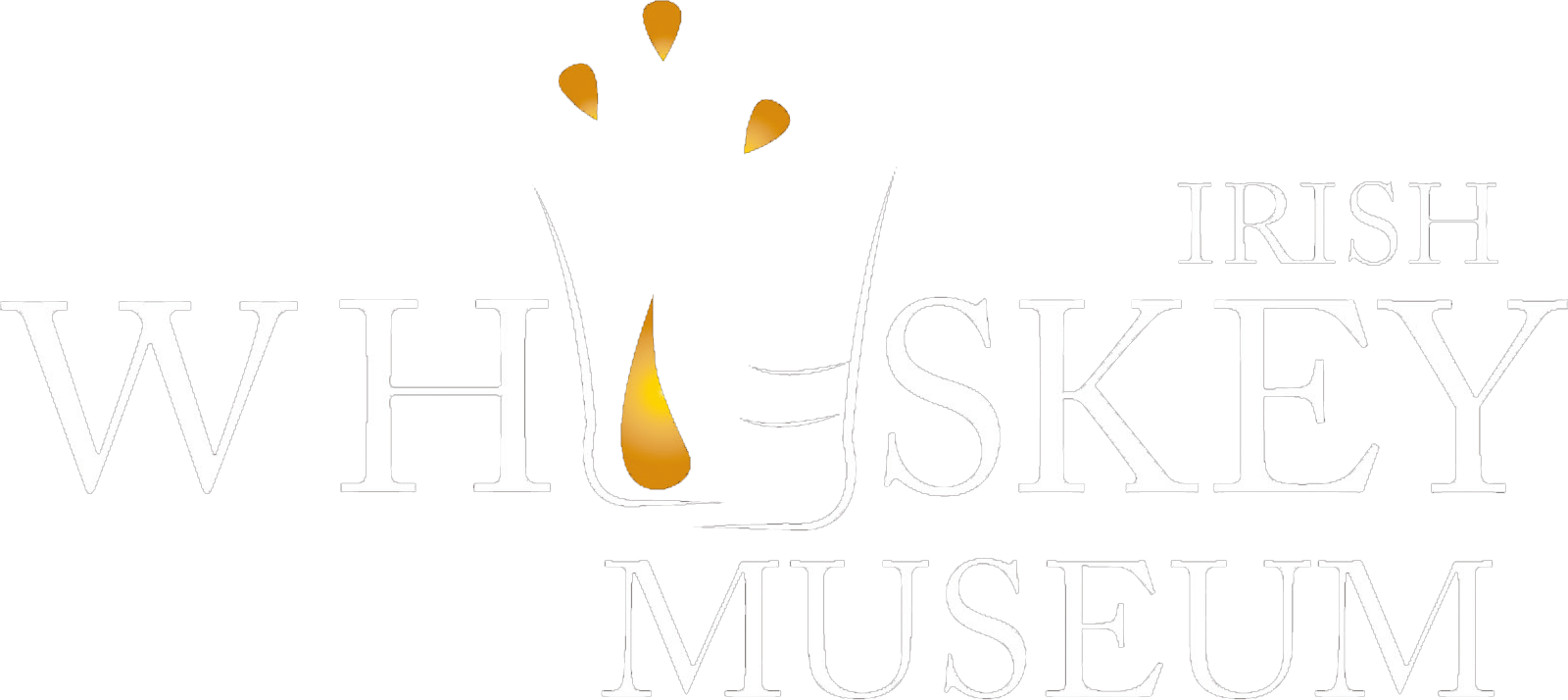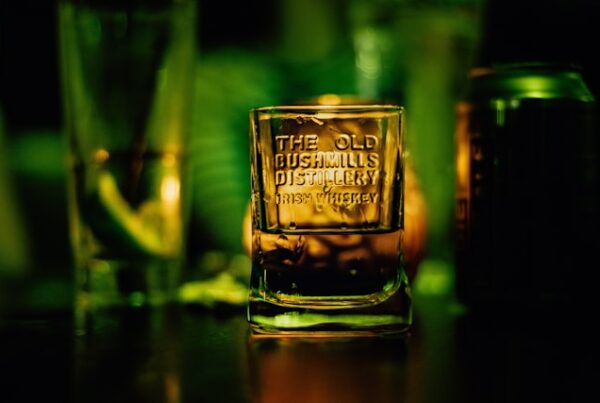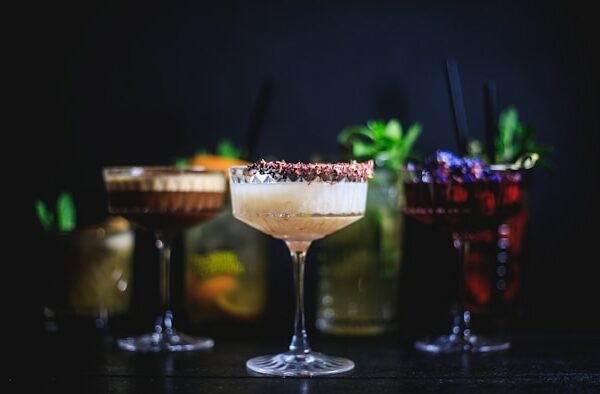The history of Irish Whiskey has been a rollercoaster ride. With roots back to the 12th century, it has been popular all over the world for a long time – until it had to face social and economic challenges. At one point, only two distilleries remained in the country. Today, however, Irish whiskey is becoming more and more popular again in Ireland, but also worldwide. In this blog post, we’ll have a look at the reasons behind the renaissance of Irish Whiskey.
A Historic Legacy Rediscovered
Irish whiskey boasts a storied history dating back centuries, with records of distillation as far back as the 12th century. Its golden age in the 18th and 19th centuries saw Ireland as a dominant force in global whiskey production. However, the 20th century brought a series of challenges that led to a steep decline in Irish whiskey sales.
First, the Irish War of Independence (1919-1921) and subsequently Civil War (1922-1923) caused significant political and economic instability. The establishment of the Irish Free State in 1922 led to trade barriers with Britain, cutting off a crucial export market. Secondly, the Prohibition era in the United States (1920-1933) dealt a severe blow to Irish whiskey exports. Before Prohibition, the U.S. had been one of the largest markets for Irish whiskey. The sudden loss of this market created a significant surplus and financial strain for distilleries.
Additionally, blended Scottish whisky became more and more popular due to heavy marketing and its affordability.
The combination of these political, economic, and market pressures led to the closure of many Irish distilleries. By the mid-20th century, only a handful of producers remained, struggling to keep the industry alive. This period of decline nearly pushed Irish whiskey to the brink of extinction. Until a new-found interest and investments by a global spirits conglomerate laid the foundation for a remarkable comeback.
Quality, Craftsmanship and Innovation
The resurgence of Irish whiskey can be attributed to a renewed focus on quality and craftsmanship. Today, distilleries have embraced traditional methods alongside innovation, producing whiskies known for their smoothness, complexity, and distinctive flavour profiles. From single malts to blended varieties, each expression reflects meticulous attention to detail and a commitment to maintaining Ireland’s reputation for excellence. Traditional names and a variety of new distilleries alike are not merely preserving traditions but also pushing boundaries through innovation and experimentation. Small-batch releases, cask finishes, and unique aging techniques have successfully redefined what Irish whiskey can offer: Up until 2010, there were no more than four distilleries in Ireland. In 2023, there were forty.
This spirit of innovation has attracted a new generation of consumers eager to explore and savour the evolving landscape of Irish whiskey.
Global Recognition and Tourism
In recent years, Irish whiskey has captured the attention of consumers worldwide. Its reputation for approachability, coupled with a diverse range of styles and flavours, has broadened its appeal beyond traditional markets. Connoisseurs and newcomers alike appreciate its versatility in cocktails or enjoyed neat, showcasing its adaptability to modern tastes while honoring its heritage.
The renaissance of Irish whiskey has also contributed to a broader cultural revival. Distilleries across Ireland have become destinations for tourists seeking to immerse themselves in the history and craft behind their favourite spirits. In 2022, after the restrictions due to Covid, almost 700 thousand people visited the Irish whiskey distilleries across the country.
Irish whiskey is almost back to its former glory – and while it underwent many innovations, it did not lose any of its character, craftsmanship and quality. However, innovation and experimentation, as well as the adaptations for distillery visitors from all over the world, have sparked a new interest in the traditional spirit. If you want to learn more about the history of Irish whiskey or want to try some of its many variations, take part in one of our guided tours in the Irish Whiskey Museum!






